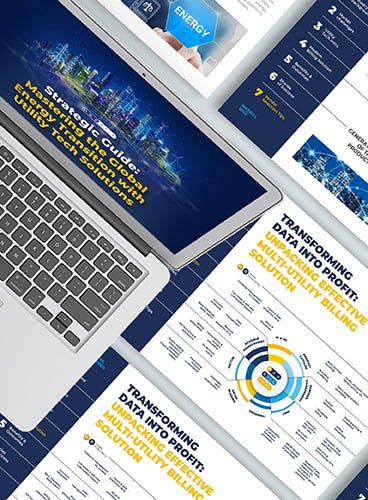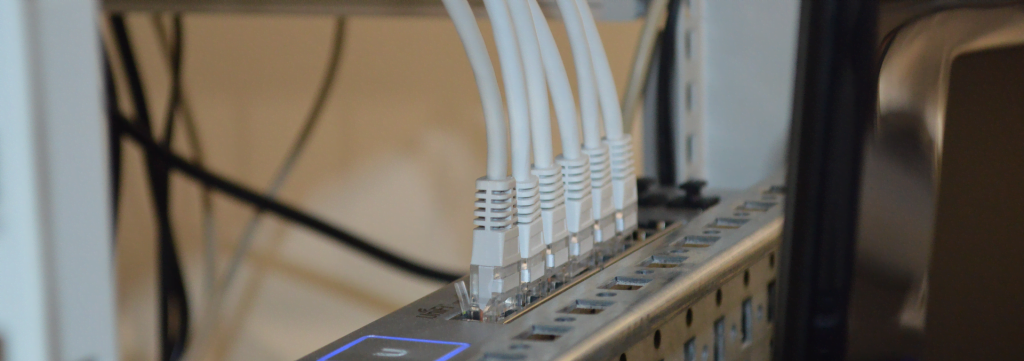According to the 2019 report, half of all online gamblers in the UK have used a mobile phone to engage in gaming activities. It seems natural, that many of them would prefer a payment method that is at their fingertips – direct carrier billing (DCB.) Paying for a gaming experience via the phone bill rather than with a credit card seems to have many advantages for users and operators alike. However, only 15.5% of all billing operations are performed with the help of this method.

Companies that provide payment gateway for the carrier billing promise that in the future, it will become as mainstream as other solutions. There might be a grain of truth in their claim, however, it’s more likely that the progress won’t be as big or as quick as they preach it to be.
Who Needs Carrier Billing?
As revealed by the Perficient Digital research, 58% of people are browsing the web from their smartphones, and apps are more widely used than browsers. Does this mean they are more inclined to make in-app payments? Of course. Does it lead to carrier billing being a more viable option for such payments? Yes and no. It largely depends on the industry.

Based on our experience with utility and telecom companies, sectors where impulse decisions are not at the heart of the sales process, carrier billing doesn’t do much for the provider. People usually have their utility bill payments planned ahead, and they would rather use a more traditional channel. Switching to a new Internet tariff plan or purchasing a Netflix subscription also usually doesn’t come as a split-second decision. The users are perfectly fine with giving it some thought and spending a couple of minutes on the payment process.
In the gaming industry, however, the situation is radically different. Here, DCB serves not merely as another payment option, but a powerful acquisition tool. If a potential client can spend money in mere seconds after visiting a website or downloading the app, the more likely they will stay and spend some more. Therefore, carrier billing can serve as an onboarding mechanism, allowing players to engage in gaming without setting up an account and registering a credit card.
Players that don’t want to share sensitive information, like bank details, or don’t have a bank account, now can participate in online gaming. Privacy concerns are on high alert these days, so operators might be missing out more clients than they know, if not using DCB.
Addressing the Safety Issues
There are a lot of worries surrounding the gaming industry. The government is stuck with the constant push and pull between the dealer’s desire to make as much money as possible and an ethical argument that gambling might be damaging to the population. Therefore, the authorities need to constantly come up with new regulations in order to keep the balance. On April 14th, the UK’s Gambling Commission has imposed a credit card ban, so vulnerable citizens won’t dig themselves into a pit of debt.

Now it looks like DCB is the next best thing for operators and users alike. It has a major advantage compared to other popular options: there’s a payment cap, which sets a limit for spending. Users won’t be able to get into huge credit card debts anymore. People are also more cautious when it comes to phone bills, as many are addicted to their phones even more than they are to games. It’s a sad truth, but it may save some users’ money in the long run. Therefore, carrier billing looks like a more responsible payment solution.
Are We Looking at the Next Big Billing Option for Gaming?
Even considering the specific of the gaming industry and all the advantages DCB has, there’s plenty of things that are holding it back from becoming utilized more widely.
With Google or Apple Pay enabling payments in one click virtually anywhere, carrier billing doesn’t seem useful for an average online gamer. It might be more useful for the companies operating in developing countries, where people often don’t have a bank account. In the UK, however, there are a lot of ways to find a loop in the newest credit card ban.
Most operators are not willing to pay high fees to telecom companies – it’s simply not practical for them. Maybe, one of the ways to make this more attractive is to improve and automate the way settlements and reconciliation between parties are calculated. A more modern billing solution can eliminate the mistakes and make sure the operator gets more precise revenue.
Additionally, many are dissatisfied with the payment gateway interface. It puts a downer on the customer experience and doesn’t bring as many conversions as it was promised. In order to become major players, the payment gateway providers should improve their services and make them more seamless and modern.
Some payment gateway providers like to point to Asia, where carrier billing has exploded thanks to the Golden Age of eSports and lesser popularity of the credit cards. Many users are placing bets on their favorite eTeam right in the middle of the match, using mobile phones. It is not applicable to the UK or European reality though. The regulations and the gaming cultures itself is too different in these regions to draw any conclusions. In order to follow the Asian way of carrier billing progress, the industry should be pretty much completely reshaped.
The future is not set in stone, of course. There are two scenarios that may open up the possibilities for the growth of DCB popularity. Either telecom companies will lower the fees significantly to allow smaller companies to provide a carrier billing option to their clients, or the regulation will become even more strict, shutting other methods offs completely. The latter, however, is still not a sure bet, as such actions might also lower the number of gamers.
For now, though, DCB remains useful only for a small fraction of the industry.
































